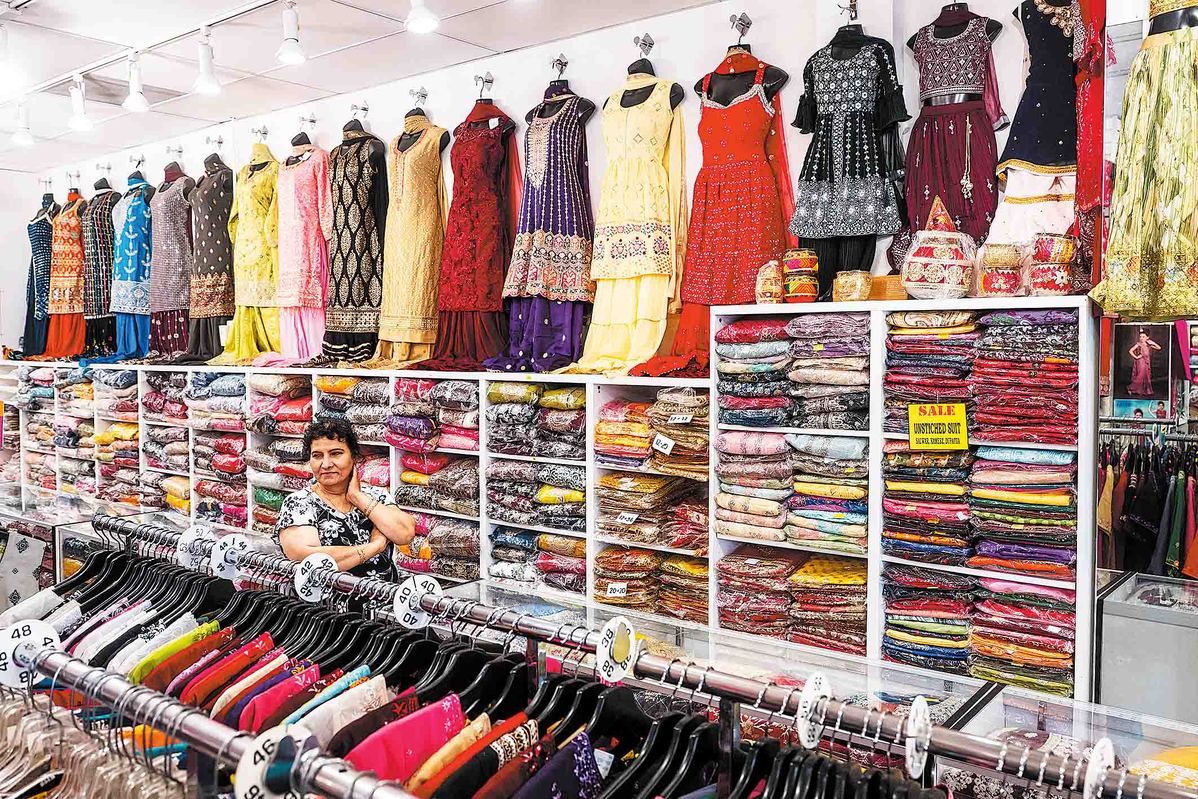US new tariffs 'unfair': Experts
Washington's latest decisions slammed as unilateral, hurting Asian economies


US President Donald Trump's latest tariffs announcement has sent shockwaves across the Asian region, with the imposition of 10 to 41 percent "reciprocal tariffs" against nearly 70 trading partners signaling a fresh tide of protectionism that will hurt developing economies around the world, analysts said.
Noting the "very high tariffs" unveiled by Washington on Asian exporters, observers said the levies are unfair as several trading partners in the region had offered many concessions — including duty-free access to their domestic markets, and agreeing to purchase US energy and aircraft — in the hope of getting more favorable treatment.
Trump issued an executive order on Thursday imposing "additional ad valorem duties on goods of certain trading partners". The new duties will take effect from Aug 7.
Japan and South Korea were slapped with 15 percent tariffs. India is facing a 25 percent duty, while Syria was hit with the highest rate of 41 percent. Laos and Myanmar are slapped with 40 percent levies. Bangladesh and Vietnam face 20 percent duties, while Malaysia, Cambodia, Thailand and Pakistan face 19 percent duties.
"Because the tariff rates are unilateral and arbitrarily linked to Washington's definition of US national security, the rates can hardly be described as fair," Elina Noor, a senior fellow in the Asia Program at the Carnegie Endowment for International Peace, said.
Elina said the different unilateral rates have accelerated competition among members of the Association of Southeast Asian Nations as each country seeks a bilateral deal with the US.
"This pits ASEAN countries against each other in a way that's reminiscent of colonial divide and rule, and detracts from any effort by ASEAN member-states to coordinate positions with each other," she said.
Elina said there is "a lot of uncertainty" as to whether the latest announcement leaves much scope for further negotiations.
How transshipment will be determined, for example, and whether or not countries in the Southeast Asian region will be subjected to the higher 40 percent rate for it, "will remain a complicated issue since global supply chains can be extensively and intricately networked", she said.
The US tariffs announcement is "very bad news generally for Asia", said Alicia Garcia-Herrero, chief economist for Asia-Pacific at Natixis.
Garcia-Herrero cited the "very high tariffs" that Trump imposed on Asia and how this will hurt the export-dependent region.
Prasad Wijesuriya, general secretary of the Sri Lanka-China Friendship Association, noted that the 20 percent tariff on imports from Sri Lanka is lower than the initial 40 percent that Trump announced in April. But it still represents "a dramatic increase" from the Most Favored Nation rate of around 2 percent that prevailed before, he said.
"This sharp escalation in tariffs is likely to trigger significant economic challenges for Sri Lanka," Wijesuriya said.
But it is not just Asia that will be penalized by tariffs. As Garcia-Herrero of Natixis noted, "If everybody has tariffs, there's no escape." She noted that inflation in the US will increase due to higher prices of imported goods.
Tahir Farooq, editor-in-chief at Daily Ittehad Media Group and Pakistan Economic Net, said the global economy is "now even more interconnected", and nations that "weaponize tariffs to pressure others ultimately hurt their own industries, damage their reputations, and estrange themselves from global economic cooperation".
Some Asian ministers welcomed Trump's announcement, noting that the tariffs are lower than what Trump had earlier announced in April and July.
Tengku Zafrul Aziz, Malaysia's minister of investment, trade and industry, said that the US has agreed to reduce the tariffs on Malaysian exports from 25 percent to 19 percent.
Khalilur Rahman, Bangladesh's National Security Advisor and lead negotiator, told the local media that the South Asian nation has "successfully avoided a potential 35 percent reciprocal tariff".
































